My Love Letter to You
Dear reader,

Dear reader,
How are you doing? Have you been feeling alright?
In wake of the coronavirus pandemic, it comes to no one’s surprise that the level of stress, anxiety and depression faced by many of us have soared. It is unfortunate to report that between March 18 and October 30th 2020, 266 suicide cases were reported in Malaysia, one out of four of those suicide cases being committed by teenagers aged 15 to 18.
Although we have been dealing with this virus and this pandemic for a long period of time, do not feel ashamed if you’re not feeling your best right now. Many of us have experienced the highs and lows of the pandemic and you are not alone in how you’re feeling.

Right now, during this unprecedented time where us people, social creatures, are obliged to stay in our homes for the safety of our own species, tucked away from the rest of civilization, isolated from one another, it is to no surprise that we are affected. You are not weak for feeling down and should not blame yourself for how you might or might not feel.
Right now, the need for us to have access to affordable mental health services, therapy, is as prominent as ever. For those who might not be aware of what therapy is, let me explain.
What is therapy?
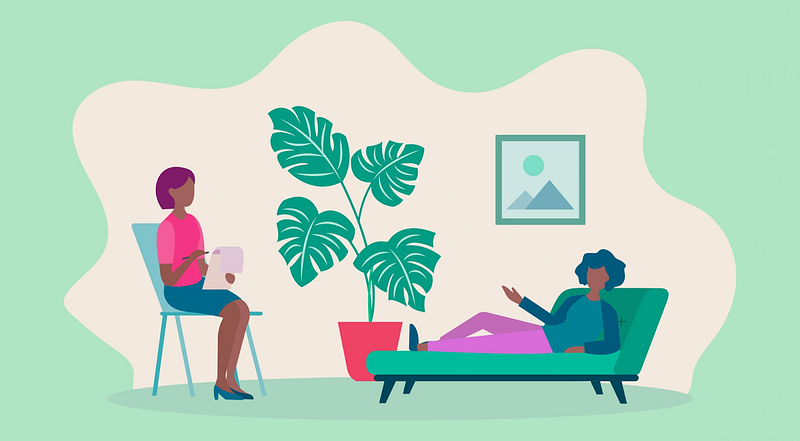
Therapy is the process of meeting with a therapist to resolve behaviours, beliefs, feelings or relationship issues that are not serving you or the people around you. It involves examining and gaining insight into life choices and difficulties faced by individuals, couples or families. Through therapy, we can change self-destructive behaviours and habits, resolve painful feelings, relieve emotional distress, improve our relationships, and more.
Unfortunately, there is a lot of stigma surrounding therapy that causes people to hesitate or avoid seeking therapy, even if they need it. So let’s discuss these stigmas and destroy some of these misconceptions.
Stigma #1: People who go to therapy are either crazy or in an extremely dark place.

Firstly, even if someone going to therapy is suffering from mental health issues or illnesses, or trying to seek help for their overwhelming feelings or thoughts, crazy is never an appropriate term to use on someone. It only serves to increase the stigma surrounding therapy that leads to people not seeking help they need and deserve!
Therapy can help people who are having a tough time. However, you don’t need to be in a dark place to go to therapy. This stigma might cause people to hesitate seeking therapy because they think their situation is “not that bad” or “not bad enough” to seek help.
Contrary to popular belief, we don’t need to be in a “bad” or “dangerous” place to see a therapist. Whilst there is usually a catalyst for deciding to start therapy, people can go to therapy to address certain issues or behaviours that might be bothering them or causing them to feel down. People can also go to therapy for self-discovery, improvement and growth, to help them learn more about who they are and better understand why they interact the way they do with the world around them. By better understanding yourself and your needs, it can allow you to foster better relationships with your family, your peers and with yourself! It can also improve your quality of life and help you be happier and more fulfilled in the long run.
Stigma #2: People who go to therapy are mentally or emotionally weak.

This stigma attempts to shame people who try to seek help and does nothing to help our civilization in the midst of our mental health crisis. Seeking help for your problems and facing them takes a lot of courage and strength. Sahaj Kohli, senior editor of HuffPost Personal phrases it very well. She writes, “One has to be open to facing every corner of their mind and heart and be completely, unabashedly open about fears, truths and experiences in order to really get the most of what a therapist can offer.”
“Doing that requires strength, the strength to explore your own emotional and mental limits and boundaries, the strength to be guided in directions you wouldn’t go and the strength to learn and actively seek a better place.” Sahaj Kohli, Senior editor of HuffPost Personal.
There is nothing weak about asking for help. There is nothing weak or shameful for wanting a better life for yourself, or for wanting to be a better version of yourself. It is not only courageous and respectable but also likely a wise course of action to take. You should never be ashamed of wanting help, or for seeking it.
Stigma #3: Therapy is a luxury only accessible by the wealthy
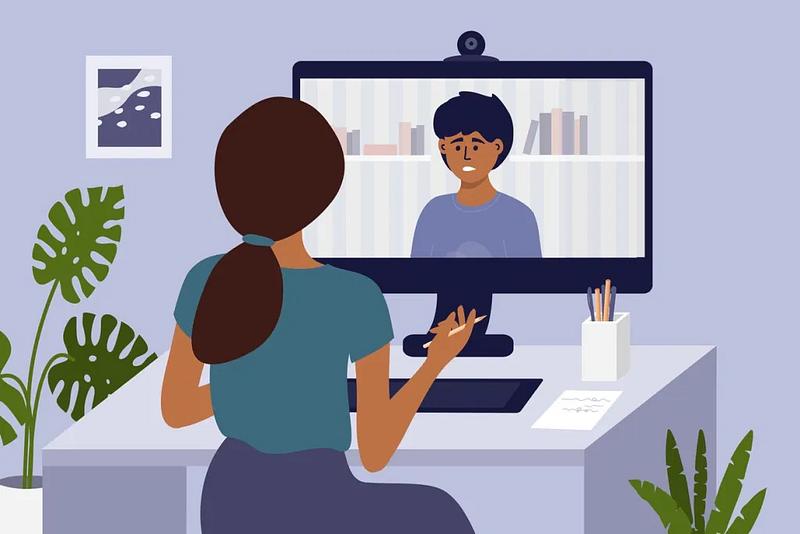
This is unfortunately a very common misconception.
Yes, therapy, especially those of which are provided by certain private institutions, can be expensive, but there are more affordable options as well! More affordable mental health service options in Malaysia include but are not limited to, SOLS Health, the Malaysian Mental Health Association (MMHA), Cara Cara Mental Fitness just to name a few. Visit this website to find out more.
Certain private institutions typically charge more per session compared to others because the sessions are conducted by licensed professionals instead of trainees. However, although some of the cheaper sessions are conducted by trainees, they are usually under the supervision of trained clinical psychologists and professional counsellors. Some of the options available in the website linked above also provide sessions with certified counsellors and practicing clinical psychologists that are cheaper compared to other institutions so I highly recommend checking them out if you’re interested. Many online mental health services are also available so feel free to search through more options!

Government psychiatric clinics and mental health services are unsurprisingly cheaper compared to private psychiatric clinics. Government clinical charges for mental health care are free for the first consultation and are RM5 for every follow-up consultation. However, the lack of mental health professionals in our public health sector may lead to low quality patient care in certain public institutions.
It is saddening and possibly harmful that therapy is perceived as a luxury instead of the necessity that it is to so many people right now during this hard time. This makes it even more important that we recognise and raise awareness that more affordable options do exist so that the accessibility of mental health services for our people is not restricted by a lack of awareness.
Why is it vital that we destigmatize and normalise therapy?
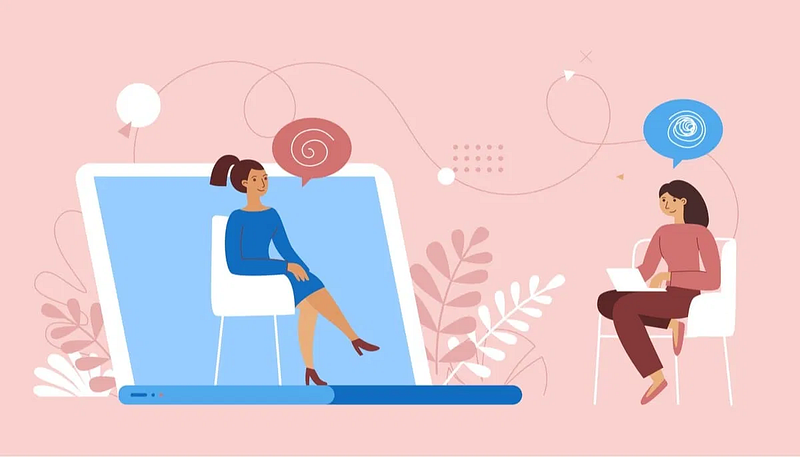
As stigma discourages people who struggle with mental health illnesses from seeking treatment, it leads to worsened health over time, further reinforcing negative beliefs and prejudices. The longer they go without treatment, the worse their conditions might become. People who might not have mental disorders but who are still struggling with their mental health may go unheard and it can be harmful in the long run to leave concerning or recurring issues unaddressed.
All of us will go through emotionally challenging moments where talking to a therapist could really help us get through and move on from that rough period of time, give us a clearer view on how we could heal and move forward from where we are. It is thus nonsensical and counterproductive for us to stigmatize such a useful tool that we ourselves might need to use in the future.
How do we destigmatize and normalise therapy?

What can we, as individuals, do? We can normalise talking about therapy alongside mental health in our everyday discussions. Multiple celebrities have gone to and received help from therapy, such as Selena Gomez, Ariana Grande, Prince Harry, Lili Reinhart and Emma Stone. When you and your friends talk about a celebrity who, for example, shared their story about struggling with depression and went to therapy to get better, you can commend the celebrity for sharing that information. You could also share informative posts on therapy with your friends and family and encourage them to do the same as well.
“The more we keep the conversation rolling,
the closer we are to a world where
saying that you’re going to see your therapist
is as normal as saying you’re going to see your doctor.”
If someone you care about has been having a hard time, recommend therapy as an option. If they bring up any of the stigmas surrounding therapy as a reason why they can’t go, share with them the information you’ve learned from this article because you know therapy could really help them.
If you’re considering seeking therapy, here are a few things to keep in mind!
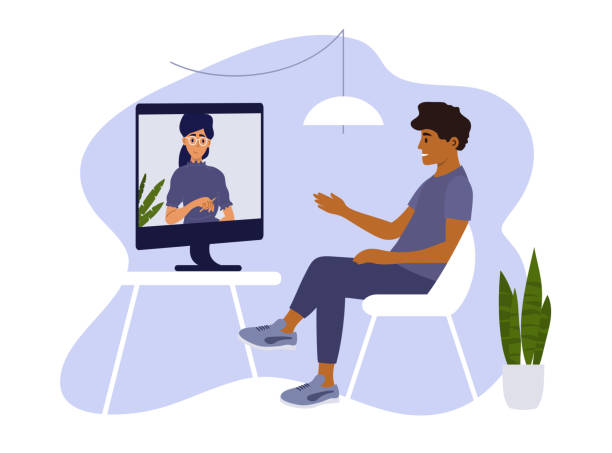
Firstly, it’s important to find a therapist that you feel comfortable with. Finding a therapist is a little bit like dating in that sense. Remember that you are the client and the therapist is working for you. You should find someone that you can be completely honest with and can help you accomplish your goals, what you aim to achieve out of therapy.
Read up about the green flags and red flags of therapy. There are ethical guidelines that counsellors or therapists are expected to follow. These therapeutic boundaries exist and are important for your mental well-being. For example, there are rules against having any sort of relationship outside the consulting room. Your therapist is your professional doctor, not your friend. A professional relationship with your therapist is not a replacement for friendship.
If your therapist upsets you or offends you, speak up and let them know. You could even email them about it if you’re not comfortable with telling them verbally. A good clinician will listen to your feelings and want to understand why their comment caused you to feel that way. However, if this comes up often and you can’t seem to find common ground with them, feel free to find someone else. Also, don’t be discouraged if your therapist responds poorly or gets defensive, it just means that it’s time to find another therapist who is a better fit. You deserve a safe and respectful space to share openly in.
If you don’t vibe with your therapist or if you outgrow them eventually, it’s okay. You’re the client and if that specific therapist isn’t a good fit for you, you have every right to leave and find another. You also decide when you’re done with therapy.
“At the end of the day, your therapist just wants you to grow and get to a place where you can live an authentic life, so they want you to speak your mind and not worry about offending them.” — Allyson Byers, Greatist.
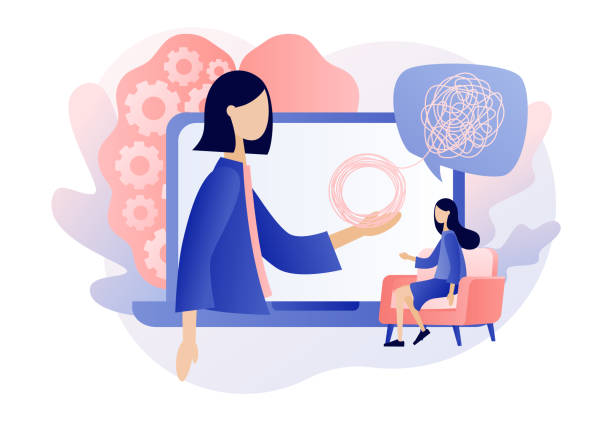
Thanks for reading! This is such an important topic to talk about and raise awareness for because all of us deserve to know about the mental health services available to us in-and-out of our country. If you are struggling with your mental health, please don’t stay silent! You deserve to be happy. You can reach out to your family and friends. There are also multiple organisations that you can reach out to, some of which are linked in this article. Remember to do some of your own additional research on therapy as well so you are even better informed!
I hope you learned something from this article or, cough cough, letter. Feel free to share this article with family, friends, people you care about, to raise awareness and play your part in normalising therapy and seeking help! Take care and stay safe, till next time!
With lots of love,
Someone who cares.
[Written by: Ruby Seet]
Sources:

